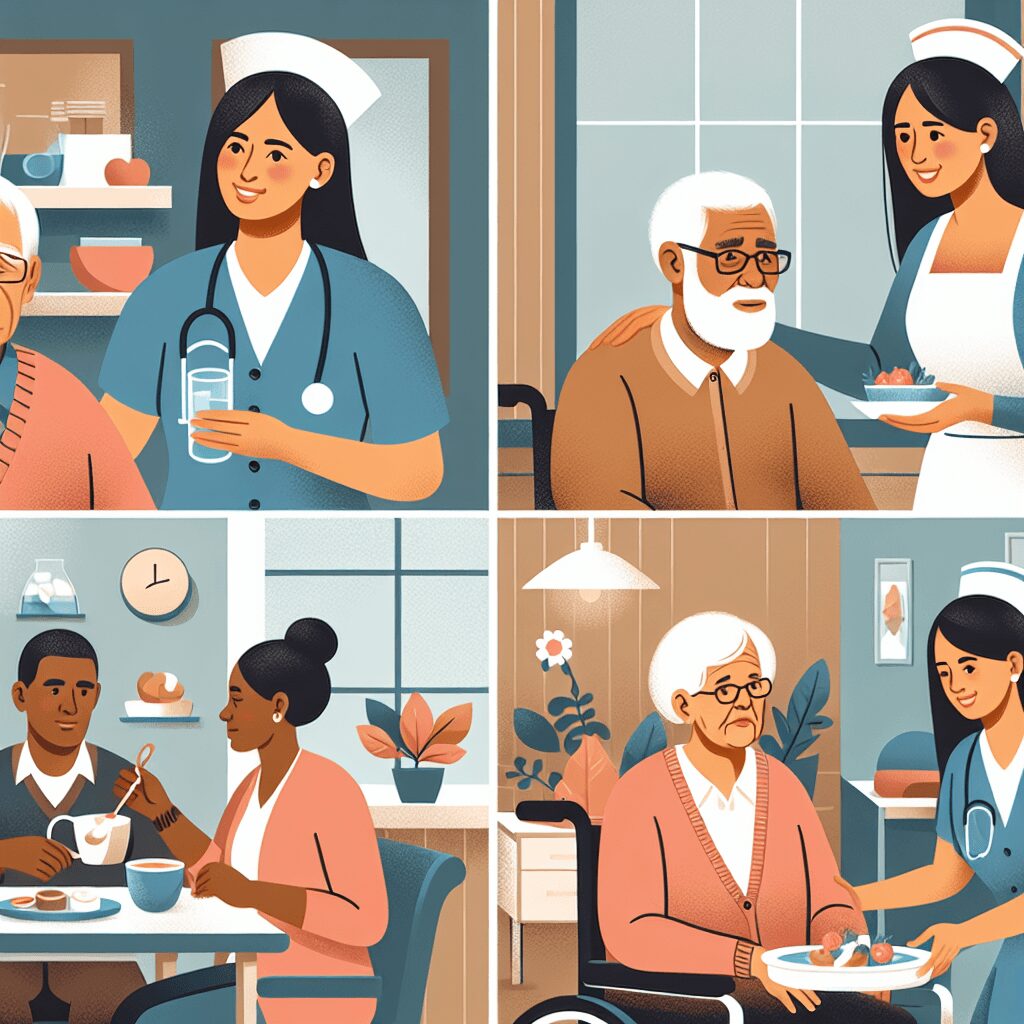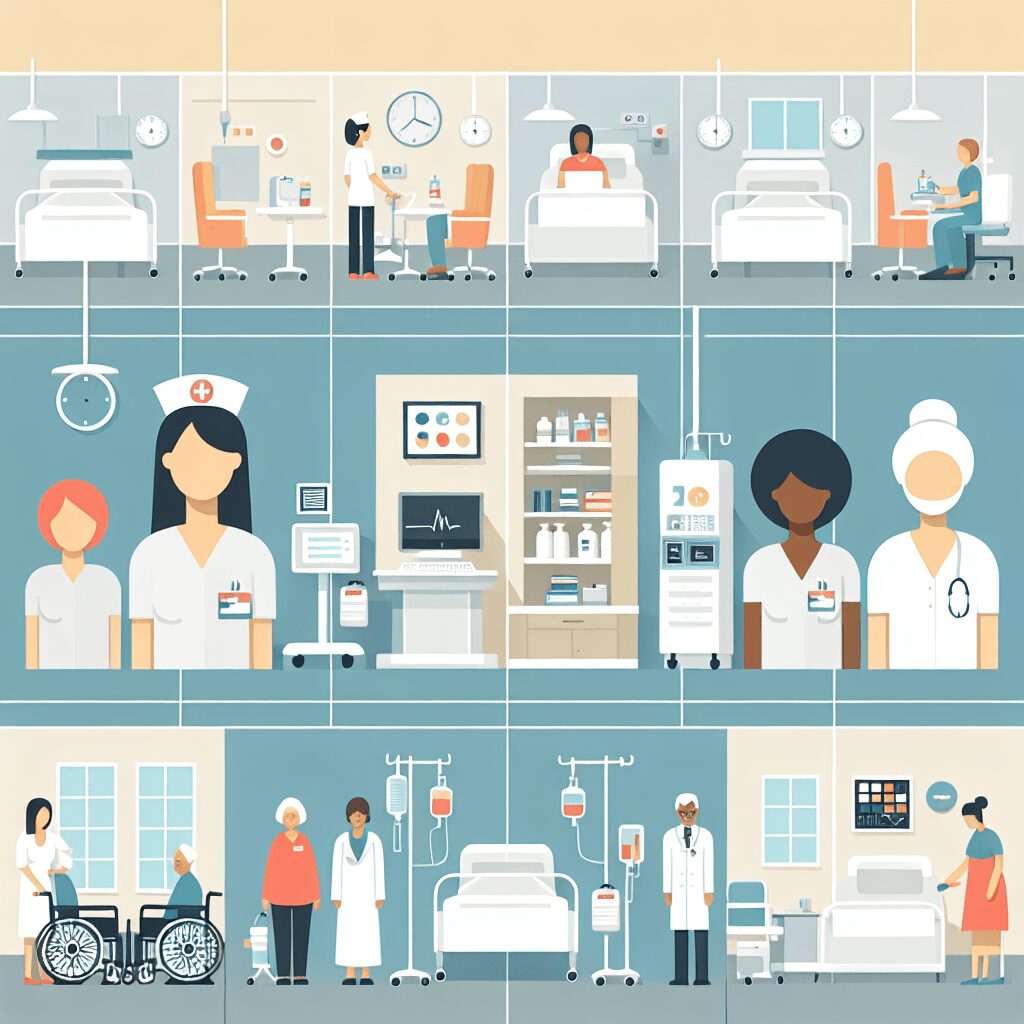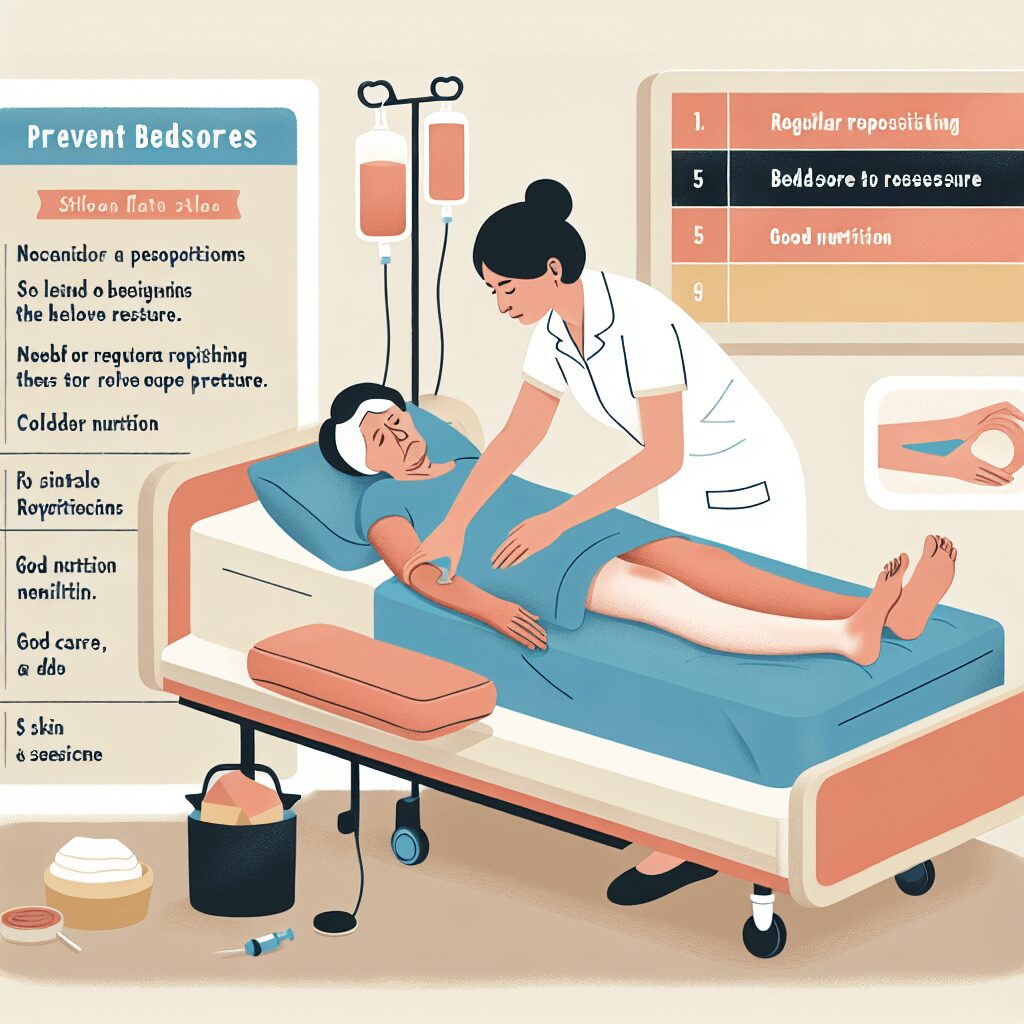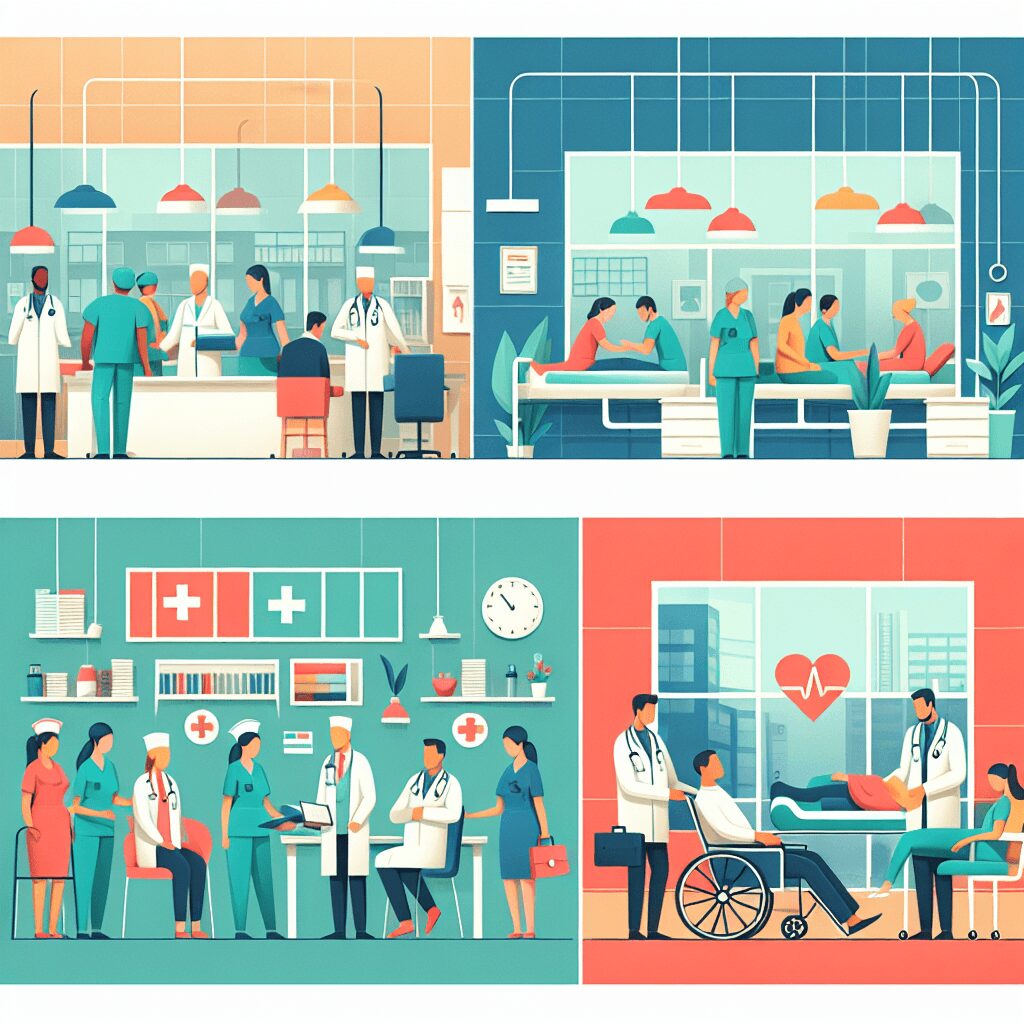Have you considered the different living options available for older adults needing extra help with daily activities? One possible option is assisted living facilities, which offer personalized care in a group setting. These facilities provide services such as assistance with daily tasks, medication management, and organizing social activities. While state-level regulations exist, the quality of care and costs can vary. Let’s take a closer look at what assisted living facilities are, the services they offer, and some of the challenges they may face.
Overview of an Assisted Living Facility
An Assisted Living Facility is a housing place for people needing help with daily tasks and enjoying living in groups.
These facilities cater to older adults and those with disabilities, offering services like personal care and help with daily activities.
They focus on enhancing residents’ lives through social activities, wellness programs, and amenities for independent living with necessary care.
Assisted Living Facilities differ from Nursing Homes as they prioritize personalized care over medical services, meeting the needs of residents who don’t require intensive care.
They provide tailored care, social interactions, short-term stays, and support for those with mental disabilities or dementia.
These facilities aim to create a lively environment by promoting physical and mental well-being while ensuring residents can age in a supportive community.
Definition of Assisted Living Facility
Assisted Living Facility vs. Nursing Homes
Assisted living facilities and nursing homes provide different levels of care to residents. Assisted living communities help those needing help with daily activities but not extensive medical care, often older adults who can live somewhat independently. These facilities encourage independent living while offering necessary personal care support.
On the other hand, nursing homes focus on skilled nursing care and medical needs. They cater to individuals requiring more medical attention and assistance. When deciding between an assisted living facility and a nursing home, individuals consider their health needs, daily living assistance, and desired independence level. The choice depends on whether they seek a vibrant lifestyle with social activities and personalized care or intensive nursing services and medical supervision.
Assisted living facilities provide personal care, social activities, and support for independent living. They offer amenities like private apartments, health programs, and mental activities to enhance residents’ quality of life. Nursing homes prioritize nursing services, medical care, and health management. They cater to complex medical needs and provide round-the-clock care for residents with critical healthcare requirements.
Key Features of an Assisted Living Facility
Assisted living facilities provide personal care assistance such as medication management, help with daily activities, and medical and dental care arrangements for residents.
These facilities aim to promote the wellness and independence of older adults who don’t require the level of care in nursing homes.
Assisted living communities organize various mental and physical health activities, amenities, and lifestyle programs to encourage social activities and interaction among residents.
For individuals with special needs, assisted living facilities offer specialized options like short-term respite stays, accommodations for those with dementia or other mental disabilities, and supportive living environments tailored to specific health needs.
The facilities are licensed to ensure resident safety. They offer personalized services in private apartments for those seeking a supportive and independent living environment.
Benefits of Assisted Living Facilities
Personal Care Assistance
Personal care assistance services in assisted living facilities include supervision, help with daily activities, medication management, personal care, and socialization activities. These help residents have a good quality of life.
The type of personal care assistance provided can vary depending on the facility’s license. Some provide basic services under “Standard” licenses, while others offer more specific care under “Specialty” licenses for older adults with ongoing health needs.
Personal care assistants in these facilities are trained in medication management, daily activities, and resident wellness, which helps them offer the needed support.
These trained assistants benefit residents in assisted living facilities. They can live independently while receiving the necessary personal care to stay healthy and well in a supportive environment.
Resident Interaction and Social Activities
Assisted living facilities host events and programs for residents. These activities include group outings, fitness classes, arts and crafts, and game nights. These activities foster a sense of community and friendship among residents. Residents help plan these activities to cater to their preferences. Communities can create events that meet diverse needs and encourage connections by involving residents in the planning.
These facilities also focus on mental and physical health to enhance the overall well-being of older adults living independently.
Specialized Care for Residents with Special Needs
Assisted living facilities provide specialized care services for residents with special needs. These services include assistance with daily activities, managing medications, and personalized personal care. To ensure proper care, these facilities assess each resident’s needs and create individualized care plans. Staff members undergo training in caregiving, medication management, and emergency response to support residents effectively.
Their expertise helps create a supportive environment that promotes wellness, independence, and quality of life for older adults in need of assistance.
Additionally, these facilities offer amenities and services focusing on physical health, mental activities, and social engagement to enhance the residents’ vibrant lifestyles.
Requirements for Admission to an Assisted Living Facility
Resident Eligibility Criteria
Residents seeking admission to assisted living facilities must meet specific criteria to qualify for residency. These criteria typically include:
-
Assistance with daily living activities
-
Preference for a group living environment
-
Need for personalized care services
Residents must be older adults who do not require the level of care provided in nursing homes and are usually aged 85 years or older. Those with special needs or specific care requirements, such as individuals with disabilities or mental health conditions, are accommodated based on the facility’s capacity to provide necessary support and assistance.
Additionally, residents are encouraged to maintain independence while receiving the required care services, ensuring a vibrant lifestyle within the community. Monthly rent and income eligibility may also be considered when determining resident qualifications for admission to assisted living facilities.
Residents and their families are encouraged to inquire about the specific eligibility criteria outlined by each facility to ensure a seamless transition and integration into supportive living arrangements.
Medical and Legal Documentation Needed
When applying to an assisted living facility, residents usually need to provide medical records. These records show their current health, any medical issues, and medication needs. Having this information helps the facility customize the care to fit each resident’s health needs.
Residents might also have to show legal papers like guardianship proof. This ensures they have the right support for decision-making. Licensing rules require these facilities to keep these documents safe. This is to make sure residents stay safe and well.
With clear rules on medical and legal papers, assisted living communities can maintain quality care and provide a nurturing environment for residents to live well.
Advantages of In-Home Skilled Nursing Over Assisted Living
In-home skilled nursing offers a range of benefits that can often surpass those provided by assisted living facilities. One of the most significant advantages is the ability to receive personalized medical care and assistance within the comfort of one’s own home. This setting allows patients to maintain a sense of independence and familiarity, which can greatly enhance their emotional well-being and overall quality of life. Unlike assisted living facilities, which may have set routines and shared living spaces, in-home skilled nursing provides tailored care schedules and one-on-one attention, ensuring that each patient’s specific medical needs and personal preferences are fully addressed.
Moreover, in-home skilled nursing offers greater flexibility and convenience compared to assisted living facilities. Patients do not need to adapt to the schedules and rules of a facility; instead, the care provided fits seamlessly into their existing routines. This can be particularly beneficial for those with chronic conditions or mobility issues, as it eliminates the need for transportation and the stress associated with moving to a new environment. Additionally, having family members nearby allows for continuous emotional support and involvement in the care process, which can significantly contribute to the patient’s recovery and happiness. While assisted living facilities provide a communal living environment with various amenities, the personalized, in-home care approach ensures a more intimate and adaptable care experience.
FAQ
What services are typically offered at an assisted living facility?
Services typically offered at an assisted living facility include medication management, housekeeping, meal preparation, transportation, social activities, and assistance with activities of daily living such as bathing and dressing.
What is the difference between assisted living and a nursing home?
Assisted living facilities provide help with daily activities, while nursing homes offer more intensive medical care. For example, assisted living may help with medication management, while nursing homes may have skilled nursing staff available 24/7.
How do I know if an assisted living facility is the right choice for my loved one?
Look for a facility that offers the level of care your loved one needs, provides activities they enjoy, and promotes a safe and welcoming environment. Additionally, consider their social interactions with staff and other residents.
Are residents at assisted living facilities able to maintain their independence?
Residents at assisted living facilities are able to maintain their independence through personalized care plans, assistance with daily tasks, and access to amenities and activities that suit their interests and abilities.
Discover the compassionate care alternative with ABET Life Home Health & Caregiving. Our in-home care services provide personalized, professional attention in the comfort of your own home. Contact us today to see how our tailored services can meet your healthcare needs effectively and comfortably.







